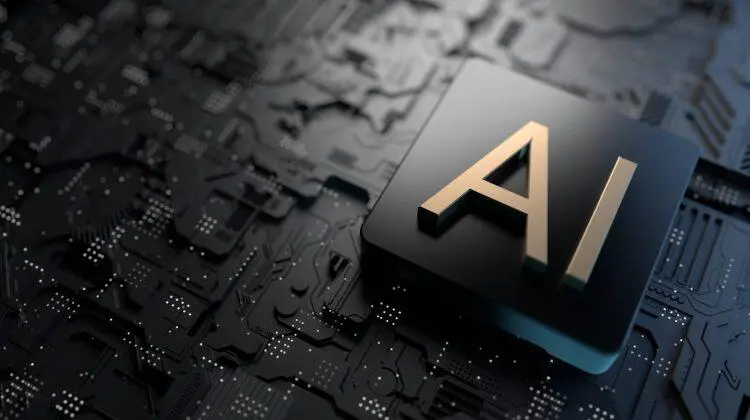
SAYD RK July 31, 2024
Collected at: https://datafloq.com/read/ai-and-human-resources-transforming-the-future-of-workforce-management/
The integration of Artificial Intelligence (AI) into Human Resources (HR) is revolutionizing how organizations manage their workforce. From streamlining administrative tasks to enhancing recruitment processes, AI is making HR functions more efficient and effective. This article explores the various ways AI is transforming HR practices and how it contributes to efficient EOR payroll processing, among other benefits.
AI in Recruitment and Talent Acquisition
AI has significantly altered the landscape of recruitment and talent acquisition. Traditional hiring processes often involved a time-consuming series of steps, from posting job ads to sifting through resumes. AI tools are now accelerating these processes by automating and optimizing various stages of recruitment.
Automated Resume Screening
One of the most notable applications of AI in recruitment is automated resume screening. AI-powered systems can analyze large volumes of resumes in a fraction of the time it would take a human recruiter. These systems use natural language processing (NLP) to identify key skills and qualifications, filtering out candidates who do not meet the job criteria. This not only speeds up the hiring process but also reduces the likelihood of human bias affecting hiring decisions.
Enhanced Candidate Matching
AI algorithms can also improve candidate matching by analyzing historical data and job performance metrics. By comparing these metrics with the qualifications and experiences of potential candidates, AI can predict which candidates are most likely to succeed in a given role. This results in a more efficient recruitment process and a higher likelihood of finding the right fit for the position.
Chatbots and Virtual Assistants
AI-driven chatbots and virtual assistants are becoming increasingly common in HR departments. These tools can handle a variety of tasks, from answering frequently asked questions to scheduling interviews. By automating these routine interactions, HR professionals can focus on more strategic activities, enhancing overall productivity.
AI in Employee Onboarding and Training
The onboarding process is a critical phase in an employee’s journey with an organization. AI can streamline and personalize this process, ensuring that new hires receive the information and training they need to succeed.
Personalized Onboarding Experiences
AI can create tailored onboarding experiences by analyzing the new employee’s role, background, and learning preferences. For instance, AI systems can recommend specific training modules or resources based on the employee’s previous experience and the requirements of their new position. This personalization helps new hires acclimate more quickly and effectively.
Interactive Training Programs
AI-powered training programs use interactive simulations and virtual reality to provide immersive learning experiences. These tools can simulate real-world scenarios, allowing employees to practice and develop their skills in a controlled environment. Such advanced training methods can lead to better retention of information and improved job performance.
Continuous Learning and Development
AI can also facilitate continuous learning and development by identifying skill gaps and recommending relevant training opportunities. By analyzing performance data and industry trends, AI systems can suggest courses, workshops, or certifications that align with the employee’s career goals and the organization’s needs.
AI in Performance Management and Employee Engagement
Performance management and employee engagement are critical aspects of HR that can benefit significantly from AI technologies. AI tools can provide valuable insights and support for managing employee performance and fostering a positive work environment.
Data-Driven Performance Evaluations
AI systems can analyze various performance metrics, such as productivity, attendance, and peer feedback, to provide data-driven performance evaluations. This approach reduces the subjectivity often associated with performance reviews and provides a more comprehensive view of an employee’s contributions and areas for improvement.
Predictive Analytics for Employee Engagement
AI can use predictive analytics to identify factors that influence employee engagement and retention. By analyzing data from surveys, feedback, and other sources, AI systems can detect patterns and predict which employees may be at risk of leaving the organization. This allows HR professionals to address potential issues proactively and implement strategies to enhance employee satisfaction and retention.
Customized Employee Benefits
AI can also assist in designing and managing employee benefits programs. By analyzing employee preferences and usage patterns, AI systems can recommend customized benefits packages that align with individual needs and preferences. This personalization can lead to higher employee satisfaction and better utilization of benefits.
AI and Efficient EOR Payroll Processing
Efficient EOR (Employer of Record) payroll processing is a crucial aspect of HR management, particularly for organizations with a global workforce or those relying on external service providers for payroll functions. AI can enhance the efficiency and accuracy of EOR payroll processing in several ways.

Leave a Reply